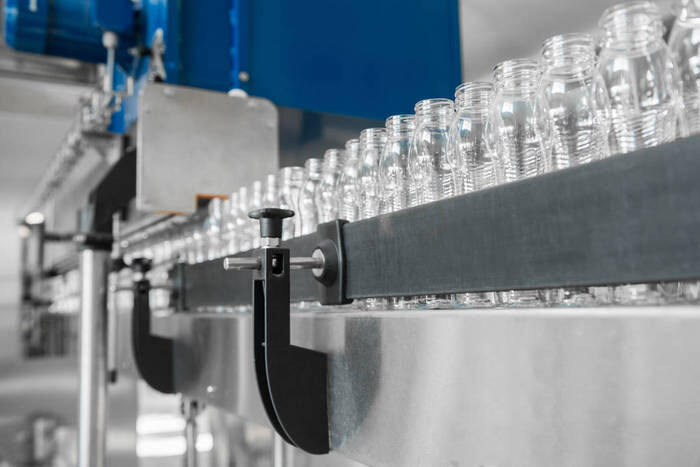4J59 is a non-magnetic fixed expansion iron-manganese alloy, also known as non-magnetic fixed expansion alloy. It is mainly composed of elements such as iron and manganese, and has special thermal expansion properties and non-magnetic properties. The main feature of non-magnetic fixed expansion iron-manganese alloy is that its thermal expansion coefficient is very close to zero, that is, no obvious dimensional changes will occur when the temperature changes. This makes its application in some special fields very important.
Specifications |
In stock, can be customized according to customer requirements |
Form |
Bar |
Classification |
Expanded alloy |
Alloy |
C |
P |
S |
Si |
Mn |
Ni |
Cr |
Fe |
4J59 |
0.06 |
0.020 |
0.020 |
0.5 |
30~32 |
6~7 |
5.5~6.5 |
balance
|
DC magnetic permeability of 4J59 alloy under different magnetic field strengths
Magnetic field strength/(kA/m) |
|
|
|
|
|
|
4 |
8 |
12 |
16 |
24 |
32 |
40 |
Magnetic permeability μ/(mH/m) |
|
|
|
|
|
|
0.0012515 |
0.0012516 |
0.0012517 |
0.0012517 |
0.0012517 |
0.0012517 |
0.0012517 |
Alloy |
Tensile strength σb/MPa |
Elongation δ/% |
Shrinkage ψ (%) |
Elastic modulus E/MPa |
Elastic modulus E/MPa |
4J59 |
560 |
42.6 |
78.4 |
193875 |
153 |
Non-magnetic fixed expansion iron-manganese alloy is widely used in the field of precision instruments and meters. In these areas, precise measurement and control are crucial, and thermal expansion can interfere with measurement results. Instruments and gauges made from non-magnetic fixed expansion alloys can maintain stable dimensions at different temperatures, thereby improving measurement accuracy.
4J59non-magnetic fixed expansion iron-manganese alloy has important application value in the fields of precision instruments, instruments, and aerospace. Its special thermal expansion properties and non-magnetic properties make it an indispensable material that plays an important role in ensuring measurement accuracy and structural reliability.

The manufacturing process of stainless steel and alloys involves multiple steps to transform raw materials into flat,rectangular sheets or plates made of stainless steel and alloys. Here are a few key steps for stainless steel and alloys:

Molten stainless steel and alloys are cast into large ingots or billets through a casting process.

During the hot rolling process,the thickness of the steel ingot is gradually reduced and elongated to form long strips or coils.

Annealing involves heating stainless steel and alloys to a specific temperature and then slowly cooling it.

Cold rolling is carried out through rolling mills to reduce thickness to meet customer specifications.
Wuxi Walmay Metal Co,Ltd is a comprehensive processing group of Alloy Steel、Forged Parts Fitting、Titanium Alloy、Stainless Steel、Special Welding Wireseries, and more than 800 specifications.
Our group has been engaged in the domestic and global market for more than ten years with rich steel experience and can offer professional advice for customers inapplications with different materials.
Machine cutting
Sheet cutting
plasma cutting
Dynamic waterjet cutting
sawing
Plank leveling
polishing
laser cutting
laser cutting
production cutting
Long product cutting
Bar and structural cutting
polishing
Heat treatment and annealing: Wuxi Walmay Metal can heat treat certain 400 series stainless steels.
Material Reliability Identification (PMI): Wuxi Walmay Metal can complete this testing in-house.
Ut Testing: Ultrasonic testing (UT) uses high-frequency sound energy to inspect and measure stainless steel products.
Our professional sales team answers your questions within 24 hours.
Copyright © Wuxi Walmay Steel Co.,Ltd All Rights Reserved